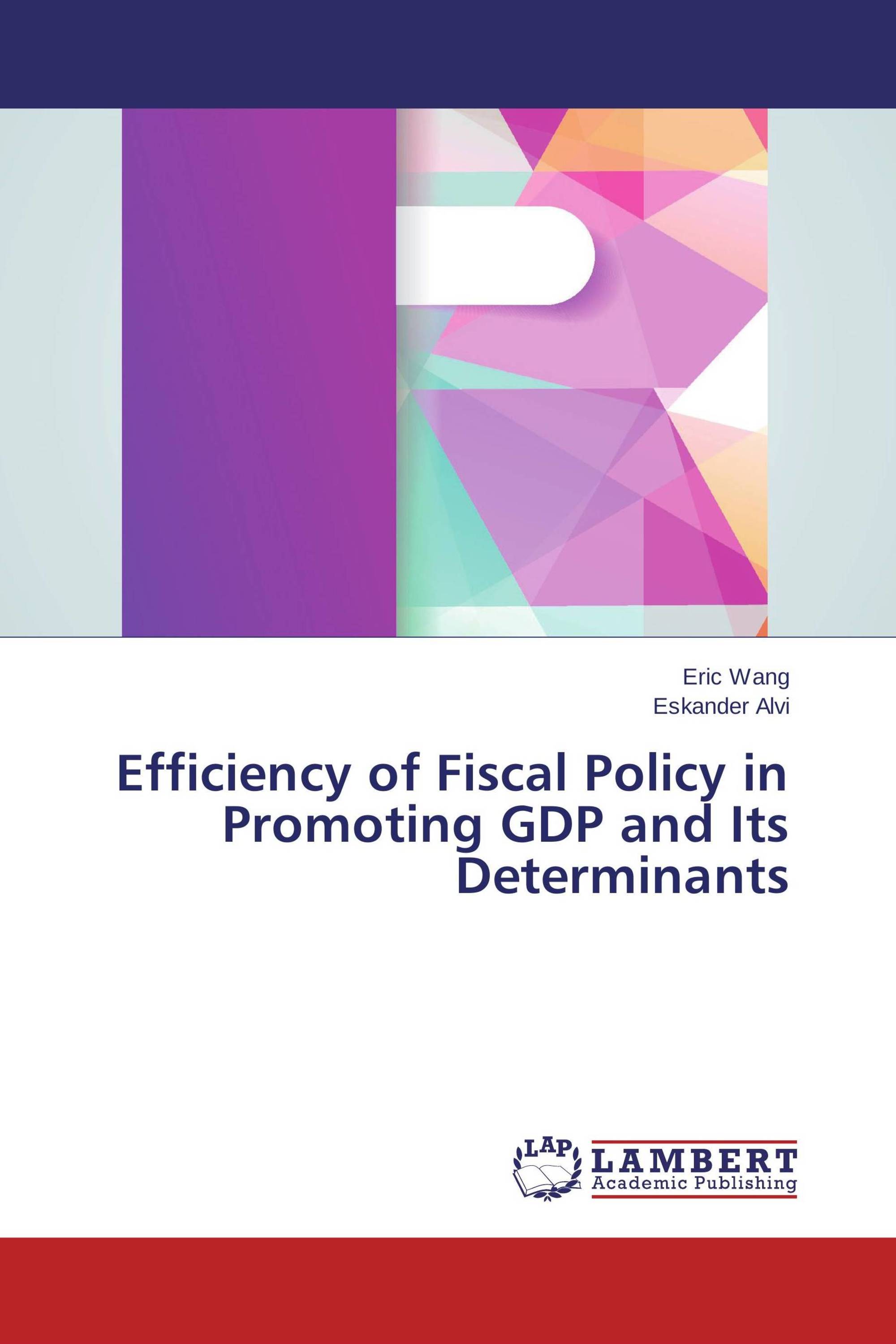The purpose of this paper is two-fold: to measure the efficiency of public expenditure in stimulating economic growth in ten OECD countries for the period 1981-2008; and to investigate the factors that influence the efficiency of government spending. Several notable hypotheses are examined relating to: (1) private sector activities; (2) degree of corruption; (3) monetary expansion; (4) government size; and (5) public debt-income ratio. The results applying data envelopment analysis (DEA) show that the United States and New Zealand have the highest efficiency scores in the sample. Extreme bounds analysis (EBA) in association with censored regression model indicates that private sector activities exhibit a robust negative relationship with government inefficiency, while money growth has a robust positive relation with inefficiency. Our study adds to the current fiscal spending effectiveness debate and suggests some policy conclusions.
Book Details: |
|
|
ISBN-13: |
978-3-659-61884-0 |
|
ISBN-10: |
3659618845 |
|
EAN: |
9783659618840 |
|
Book language: |
English |
|
By (author) : |
Eric Wang |
|
Number of pages: |
52 |
|
Published on: |
2014-10-29 |
|
Category: |
Economics |
